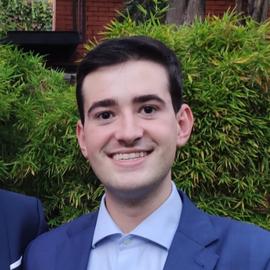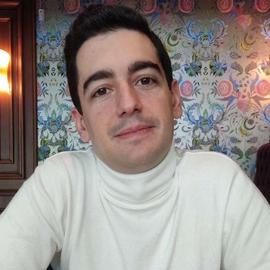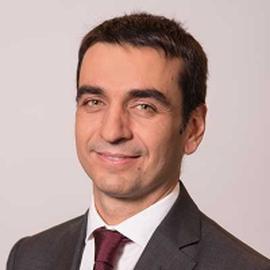Resumen
The evolution of Social Networks has introduced significant challenges related to information overload. These challenges are covered in diverse areas, such as viral marketing or misinformation control. As social networks grow in complexity, the essential need to leverage data-driven insights becomes evident. The aim of the Social Influence Minimization Problem (IMP) is to identify and strategically block users to curtail information dissemination. Structural insights can be extracted through data-mining techniques to guide the design of efficient heuristics and the identification of influential users to be blocked. Considering good and bad quality solutions, a supervised learning approach is used to classify the extracted features, that allowed meaningful conclusions to be drawn regarding the features of these solutions. The IMP is addressed through the proposal of a robust heuristic method, based on the most relevant features, which is effective and efficient when compared with the state-of-the-art approaches.
Publicación
Lecture Notes in Computer Science

Doctor en Inteligencia Artificial
Isaac Lozano se graduó en el Doble grado de Ingeniería Informática e Ingeniería de Computadores por la Universidad Rey Juan Carlos. Al finalizar el doble grado, fue galardonado con el premio al Mejor Proyecto Fin de Carrera. Posteriormente, realizó un Máster en Investigación en Inteligencia Artificial (UIMP) y es doctor por la Universidad Rey Juan Carlos. Sus principales intereses de investigación se centran en la interfaz entre las Ciencias de la Computación, la Inteligencia Artificial y la Investigación Operativa. La mayoría de sus publicaciones tratan sobre el desarrollo de procedimientos metaheurísticos para problemas de optimización modelados por grafos.

Profesor Titular de Universidad
Profesor Titular del Departamento de Informática, siendo uno de los investigadores principales del Grupo de Investigación de Algoritmos para la Optimización GRAFO.

Catedrático de Universidad
Mi carrera investigadora se ha centrado en el desarrollo de nuevos algoritmos y técnicas de Inteligencia Computacional (metaheurísticas) y su aplicación a diferentes problemas en Ciencia e Ingeniería desde que me incorporé a la Universidad Rey Juan Carlos (URJC) en el octubre del año 2000.